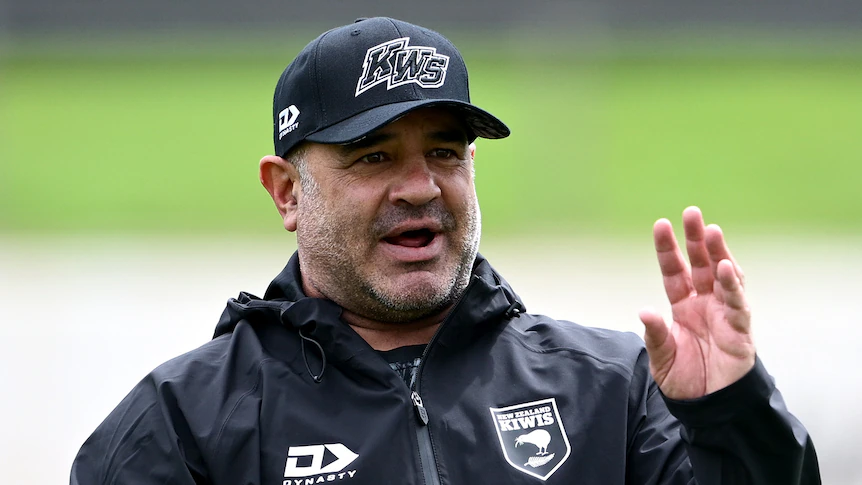Copyright Men's Journal

When people think of testosterone, the first things that come to mind are muscles and sex drive, but this powerhouse hormone affects nearly every part of a man’s body. It helps regulate muscle growth, energy levels, fat distribution, mood, and even mental focus. When testosterone drops, everyday life can start to feel harder: workouts get tougher, motivation dips, and simple tasks can leave you drained. Low testosterone affects 13 million men in the United States, according to Western Michigan Urological Associates, while experts at TRT UK estimate nearly two million men in the UK are affected. And many people don’t even realize it. While some symptoms of low testosterone are obvious, others are far more subtle. Here are seven unexpected signs that you may have low testosterone levels, along with tips to help you determine whether it’s just lifestyle or a hormonal issue. Common Signs of Low Testosterone Feeling Weak We all have those days in the gym where we don’t feel our strongest. But that shouldn’t be an everyday affair. Testosterone is crucial for building and maintaining muscle, but low testosterone slows the repair and growth of muscle tissue. So if your workouts feel less productive or everyday tasks feel more taxing, it could be a warning sign. Stick to strength training at least two to three times a week, focusing on compound lifts, experts at TRT UK suggest. Slow Hair Growth “Low testosterone levels can slow body hair or beard growth, or hair that grows more unevenly than before. It’s not the same as male pattern baldness,” TRT UK says. “It’s more like your hair follicles have gone on hold. As testosterone improves hair growth regulation cycles, when levels drop, follicles spend longer in their resting stage.” Brain Fog and Poor Concentration Testosterone supports cognitive function, so lower levels can leave you feeling foggy, forgetful, or unfocused. Prioritize sleep, proper hydration, and a whole foods diet to help your brain stay sharp. Mood Swings and Anxiety This one can be tricky if you have a history of mental health struggles. But if you feel more anxious or irritable than you’re used to, it could be a sign of low testosterone. Testosterone helps regulate mood-related neurotransmitters like dopamine and serotonin, so low levels can leave you feeling emotionally drained. Make it a point to manage stress in your life by taking short walks or meditating regularly. Unexplained Weight Gain Is it a beer belly, or is it low testosterone? Testosterone helps support your metabolism, but when levels drop, your body burns fewer calories at rest and tends to store extra fat around the waist and abdominal area. Cut back on sugar and alcohol, and incorporate strength training to see if the lifestyle changes make a difference. Constant Fatigue “Men may wake up and say they feel tired, feel exhausted all day, and crash early in the evening. It’s the kind of drained feeling that sleep doesn’t fix, because it’s caused by a hormonal imbalance, not a lack of rest,” TRT UK explains. “Testosterone plays an important role in energy production. As levels fall, it interferes with how your body efficiently converts food into fuel, leaving you feeling like you’re always exhausted, no matter how much sleep you have.” Track your sleep, diet, and activity for a couple of weeks to gauge if it’s hormonal or lifestyle-related. Loss of Motivation Testosterone fuels ambition, confidence, and motivation. Sure, we all have days where we don’t want to go to work. But low testosterone can lead to men feeling unmotivated at work or less interested in hobbies they typically enjoy. TRT UK’s experts suggest building routines that combine exercise, social connection, and achievable goals to create a more positive environment.



